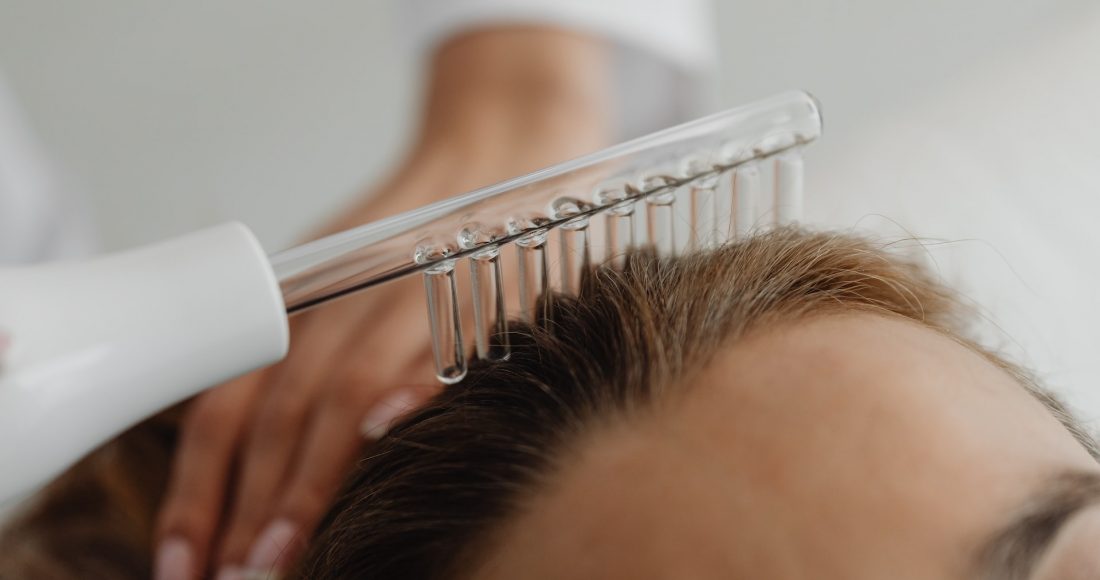There are several different types of alopecia, some of which may have a genetic basis. These include alopecia areata (patchy), alopecia totalis and alopecia universalis.
Alopecia is hair loss due to an abnormal autoimmune response to the body’s immune system. These conditions may be caused by various things, including diet, medications and lifestyle habits.
Alopecia Totalis
Alopecia Totalis is an autoimmune disease that causes hair loss on the scalp. It can be triggered by stress, medications, illness or a genetic predisposition to develop alopecia.
In this condition, the white blood cells release cytokines that attack your healthy hair follicles. These chemicals can also trigger inflammation, causing hair to fall out.
It is a rare disease, but it can affect anyone at any age. It can occur on the scalp or other body parts where the hair usually grows.
Treatment for alopecia totalis often involves steroid therapy, immunotherapy and other medications to suppress the immune system. This hair loss treatment is usually effective but may have unpleasant side effects. Natural remedies can also be used in some cases.

Alopecia Areata
Alopecia Areata is a disorder that causes the hair to thin and fall out. It usually starts with oval or round bald patches on the scalp and may also affect other body areas.
It is a type of alopecia that can be difficult to treat and is often accompanied by depression. Treatment options include wigs and hairpieces.
Doctors can diagnose alopecia by looking at the bald spots. The health care provider can see the pattern of the bald spots and examine the hairs in the bald patches under a microscope.
Some types of alopecia areata may be caused by an autoimmune disease. These autoimmune diseases occur when the body’s natural defenses (antibodies) attack healthy tissue for unknown reasons. In alopecia areata, the body’s immune system targets and attacks follicles.
Alopecia Universalis
The most severe form of alopecia, known as alopecia universalis, causes hair loss on the scalp and body. It can also cause nails to become brittle and distorted.
Alopecia universalis can be hereditary (meaning it runs in your family). It is an autoimmune disease, which means your immune system mistakenly attacks the hair follicles.
Both men and women can get it. People with this condition may lose hair at a very young age.
Alopecia universalis is an autoimmune disease, meaning that your immune system mistakenly attacks the scalp’s hair follicles. There are a few different treatments for alopecia universalis. These include oral and topical drugs, photodynamic therapy, and immunotherapy.

Diffuse Alopecia
Diffuse alopecia is hair loss that affects the scalp in general distribution instead of in patches like localized or focal alopecia. This type of alopecia is common and occurs more often in women than men.
Diffuse alopecia is an autoimmune disease, which means that your immune system attacks your hair follicles. It causes hair loss in different areas of your body, including your ears, nose, arms, underarms, legs, and pubic regions.
There are four main types of alopecia – patchy alopecia areata, alopecia totalis, alopecia universalis, and diffuse alopecia. There are also other less common forms, including diffuse alopecia areata and ophiasis alopecia.
Diffuse alopecia can be difficult to diagnose. Your doctor may take a scalp biopsy with a unique diagnostic tool. This is called a “punch” biopsy, which uses a sharp pencil-like tool to puncture the scalp and remove tissue for examination.


































